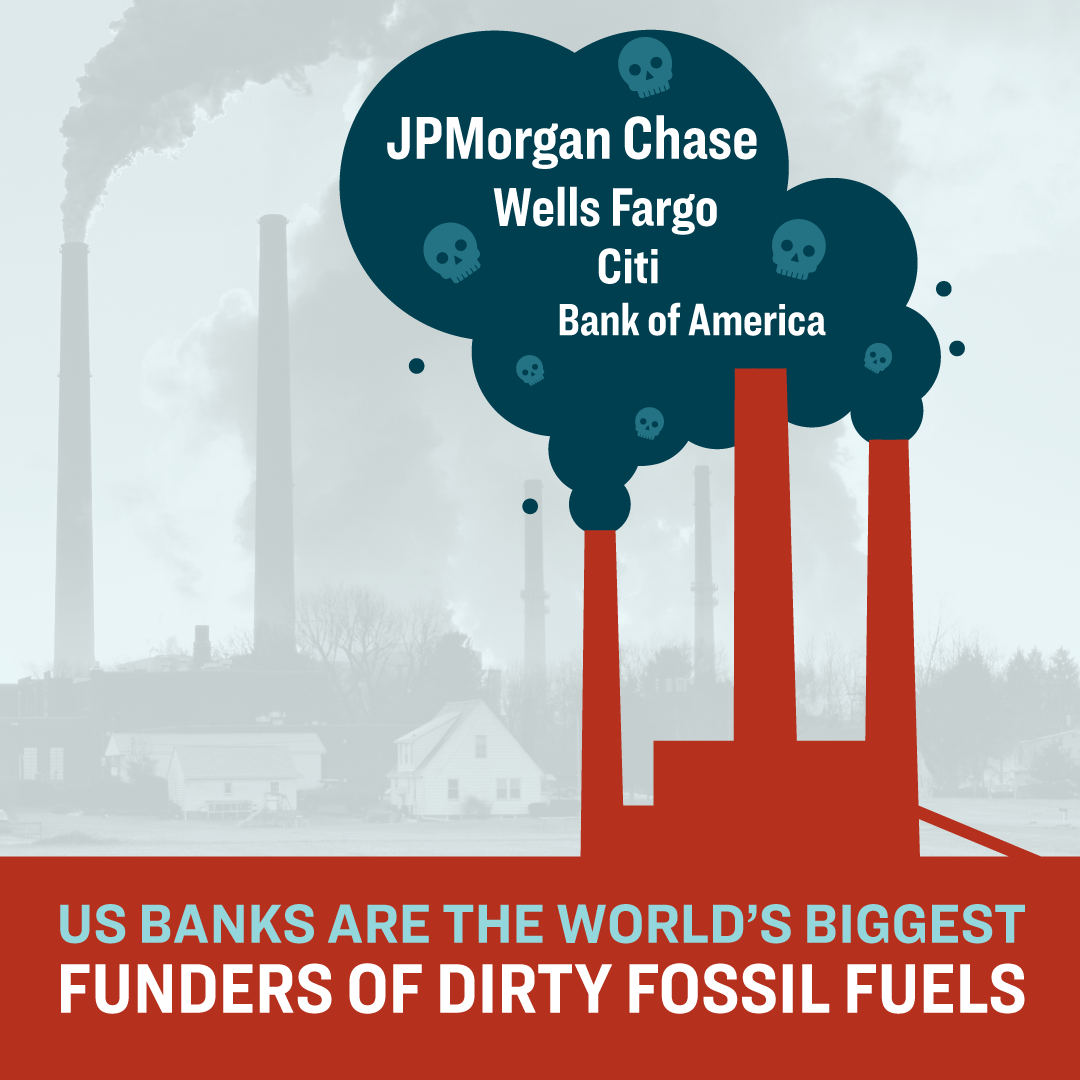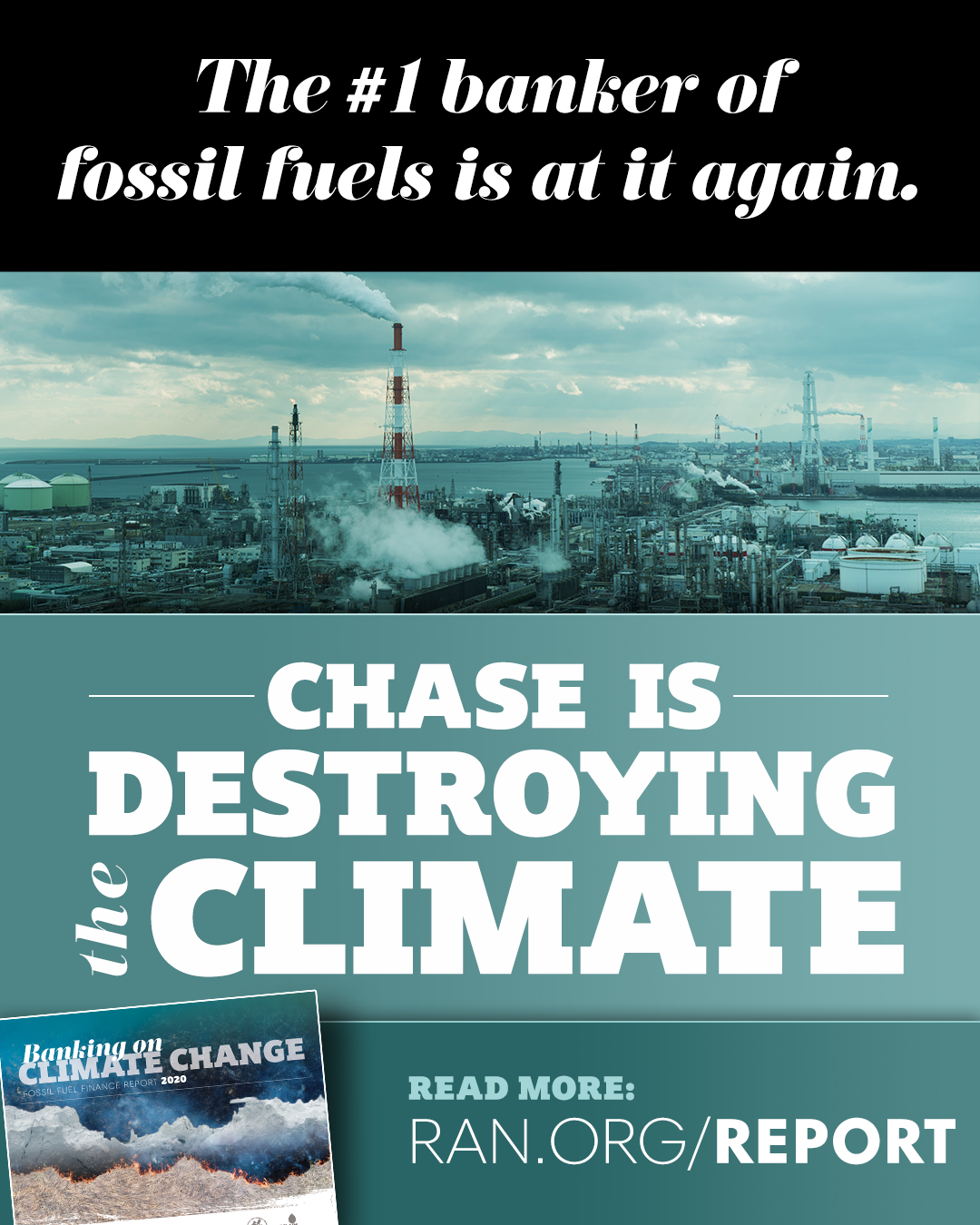 Minnesotans care for one another and our planet. Clean water and a healthy climate for our children are values we all share. Yet despite the ongoing climate crisis, Wall Street continues to pour money into fossil fuel projects significant to Minnesota. We can do better. Minnesotans across the state - from Morris to Duluth - are demanding more.
Minnesotans care for one another and our planet. Clean water and a healthy climate for our children are values we all share. Yet despite the ongoing climate crisis, Wall Street continues to pour money into fossil fuel projects significant to Minnesota. We can do better. Minnesotans across the state - from Morris to Duluth - are demanding more.
“Like many rural Minnesotans, I get my electricity from a local distribution coop,” said Tom Thompson, a resident of St Louis County and an elected member of the North Star Chapter of the Sierra Club Executive Committee.
“I’m a member-owner of Cooperative Power and Light, which buys its power from Great River Energy. It’s absurd that big banks like Chase and Wells Fargo continue to fund projects that contribute to climate change. Instead, they should support the heart of Minnesota: clean water, healthy forests, thriving wildlife. These companies should not be investing in fossil fuels that will damage the future of Minnesota, of our country, and of our planet.”
On March 18, the Sierra Club and partner organizations1 released their 2020 banks scorecard, Banking On Climate Change, ranking the top international financiers of fossil fuels.
The 2020 banks scorecard found that 35 of the world’s largest banks have pumped $2.7 trillion into the fossil fuel sector since the Paris Agreement was signed, with financing on the rise each year. Fossil fuel funding is dominated by four U.S. banks: JP Morgan Chase, Wells Fargo, Citi, and Bank of America. These same banks are propping up the fossil fuel industry in Minnesota and the Dakotas, funding projects that hurt our health and our planet, from dirty coal plants to fracked gas plants and tar sands oil pipelines.
 New York based bank JP Morgan Chase stands out as the largest funder of fossil fuel. With $269 billion in fossil fuel financing, Chase is the first bank to pass the mark of a quarter trillion in fossil financing since the Paris Climate Agreements. Chase supports numerous fossil fuel projects related to Minnesota including:
New York based bank JP Morgan Chase stands out as the largest funder of fossil fuel. With $269 billion in fossil fuel financing, Chase is the first bank to pass the mark of a quarter trillion in fossil financing since the Paris Climate Agreements. Chase supports numerous fossil fuel projects related to Minnesota including:
-
Financing and providing financial services to Great River Energy’s North Dakota coal power plants, Coal Creek & Spiritwood, both of which serve Minnesota customers through a network of 28 distribution cooperatives;
-
Investing in and providing financial services for Otter Tail Corporation’s coal power plants in the Dakotas, Coyote & Big Stone, both of which send electricity to Minnesota;
-
Investing in Xcel Energy, which has proposed the new Sherco fracked gas power plant;
-
Investing in Minnesota Power’s parent company, Allete, which runs the Boswell coal-fired power plant and has proposed a new fracked gas plant, the Nemadji Trail Energy Center, in Superior, WI
-
JPMorgan Chase is one of several banks currently lending to four different active Enbridge pipeline-related loans, totaling approximately $6 billion. These pipelines carry some of the dirtiest energy, tar sands oil from Canada. Enbridge has a bad track record of spills and is currently proposing the controversial Line 3 pipeline expansion project running through treaty contested lands and the Mississippi River headwaters.
Sam Rosemark, student body president at the University of Minnesota, Morris, said of the report: “It doesn’t make sense that Wall Street is investing in dirty energy for Minnesota. They should be investing in renewables because they are the future: economically, coal isn’t the best option--renewables are cheaper--and coal is one of the dirtiest fuel sources out there. It’s bad for the environment and bad for our health. So on both sides, environmentally and economically, it doesn’t make sense for folks to be investing in coal. In Morris, a rural community in west-central Minnesota, we’re already working as a community to adapt to a changing climate, and these big banks need to get on board or get out of the way."
The report revealed the truly global nature of fossil fuel investing. Nely Vela, in Peru, described the damage oil companies funded by Chase do by drilling in the Amazon rainforest. “The rainforest provides our sustenance. But if the [oil] companies come here, they will think they control our lands and will leave us with nothing. We will be the ones who feel the damage.”
Minnesotans are coming together to demand better. Our utilities should retire old dirty coal plants and replace them with renewables - not fracked gas plants. We don’t need new pipelines carrying dirty tar sands oil. And we don’t need big banks propping up projects that just harm our health, our state, and our planet.
If you want to be involved in our banks campaign work, contact Dakota’s Campaign Rep Steve Payne at steve.payne@sierraclub.org.
Read on for details on how big banks finance fossil fuel infrastructure in and around Minnesota!
While Chase is among the worst offenders listed in the report, numerous other financial institutions were shown to have a financial relationship to coal and gas projects in and around Minnesota, including Minnesota-based U.S. Bank. The other three major banks highlighted in the report - Wells Fargo, Citi, and Bank of America - all invest in Otter Tail Corporation, Xcel Energy, and Allete/Minnesota Power.
Otter Tail Corporation (OTC)2
-
Wells Fargo owns 75,522 shares of OTC.
-
Chase Bank owns 34,722 shares of OTC.
-
U.S. Bank owns 28,086 shares of OTC.
-
Bank of America owns 27,313 shares of OTC.
-
Citi owns 26,060 shares of OTC.
-
In addition, JP Morgan is the second largest holder of OTC debt, with a commitment of $32,500,000.00 (19.12% of the total loan). U.S. Bank is the first largest, with a commitment of $52,500,000 (30.88% of the total loan).
-
JP Morgan has provided financial services for OTC’s revolving line of credit in several different years, including 2017.
Great River Energy (GRE)
-
As a Generation and Transmission Cooperative, GRE is not publicly traded, so none of the banks in the report are investors in GRE.
-
In 2007, GRE entered private capital markets when its $1.3 billion in debt, previously held by the federal government through the Rural Utilities Services (RUS), was purchased by private banks with JP Morgan Chase and Goldman Sachs acting as lead structuring coordinators and joint book runners.
-
GRE leases its “dry-fining” facility at Coal Creek to JP Morgan Chase in order to take advantage of tax credits for dry-fining.
Xcel Energy3
-
JP Morgan Chase owns 38,679,011 shares of Xcel Energy.
-
Wells Fargo owns 3,457,650 shares of Xcel.
-
Bank of America owns 1,091,752 shares of Xcel.
-
U.S. Bank owns 552,228 shares of Xcel, the 79th largest investor.
-
Citi owns 436,038 shares of Xcel.
MN Power (Allete)4
-
JP Morgan Chase owns 242,857 shares of Allete.
-
Bank of America owns 107,923 shares of Allete.
-
Wells Fargo owns 52,946 shares of Allete.
-
U.S. Bank owns 23,751 shares of Allete.
-
Citi owns 38,189 shares of Allete.
1 The core partners of Banking on Climate Change 2020 are Rainforest Action Network, BankTrack, Indigenous Environmental Network, Oil Change International, Reclaim Finance, and Sierra Club. This is the 11th edition of the Banking on Climate Change fossil fuel finance report.
2 Investor information was accessed in S&P Global on 3/18/2020 at 11:15am
3 Investor information was accessed in S&P Global on 3/18/2020 at 11:40am
4 Investor information was accessed in S&P Global on 3/18/2020 at 11:45am